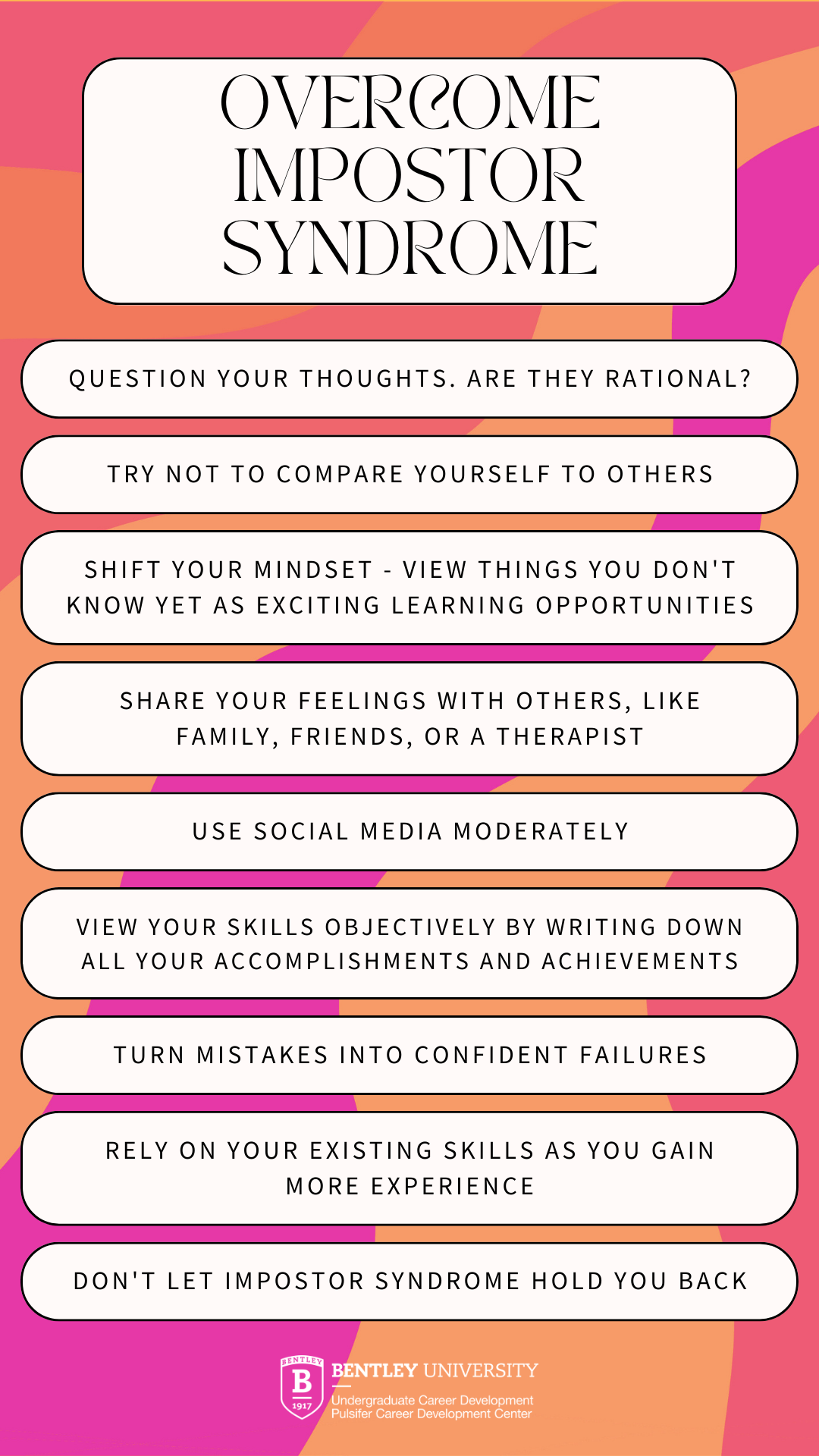In our daily lives, we often encounter psychological obstacles that affect our well-being and success. Among the most common issues are procrastinação procrastination, emotional dependency, and síndrome do impostoimpostor impostor impostor syndrome. These problems not only disrupt personal and professional life, but addressing them can lead to significant personal improvement.
In this article, you’ll discover what these issues are, how they develop, and practical ways to address them. With the right insights, you can enhance your mental clarity and live a more fulfilling life.
The Definition and Causes of Procrastination
Procrastination refers to the act of delaying tasks that require immediate attention. It is commonly caused by fear of failure, perfectionism, or lack of motivation.

Research shows that procrastination is rooted in the brain’s preference for short-term rewards. Common causes include poor time management, low energy levels, and overwhelming workloads. Recognizing these triggers is essential to addressing the issue effectively.
How Emotional Dependency Affects Relationships
Emotional dependency is characterized by a deep reliance on external relationships for approval, validation, or support. While seeking connection is natural, excessive emotional dependency leads to imbalance and stress.
People with emotional dependency often feel insecure without constant reassurance. This behavior often stems from childhood experiences, such as a fear of abandonment or low self-esteem. Therapy and self-reflection can help foster healthier, more independent relationships.
The Effects of Impostor Syndrome on Self-Confidence
Impostor syndrome is the persistent belief that one’s success is undeserved. Despite evidence of competence, individuals with impostor syndrome doubt their own abilities.

This mindset results in anxiety and self-doubt, hindering personal and professional growth. Research suggests that addressing impostor syndrome requires acknowledging accomplishments, reframing negative thoughts, and seeking constructive feedback.
Practical Tips for Personal Growth
To combat these challenges, consider implementing the following strategies:
- For procrastination: Break tasks into smaller steps and use tools like to-do lists or time-blocking techniques.
- For emotional dependency: Focus on building self-esteem through activities like journaling, therapy, or mindfulness practices.
- For impostor syndrome: Document your successes and remind yourself of past accomplishments regularly.
The key to lasting change—adopt these habits gradually to create long-term improvement.
Breaking Free from Mental Barriers
Procrastination, emotional dependency, and impostor syndrome don’t have to define your life. By understanding their causes and applying effective strategies, you can achieve significant personal growth.
Begin today—pick a single habit to focus on and commit to making gradual progress. Over time, you’ll see improvements in your mindset and daily life.
Comments on “Mastering Strategies to Overcome Procrastination, Emotional Dependency, and the Impostor Syndrome”